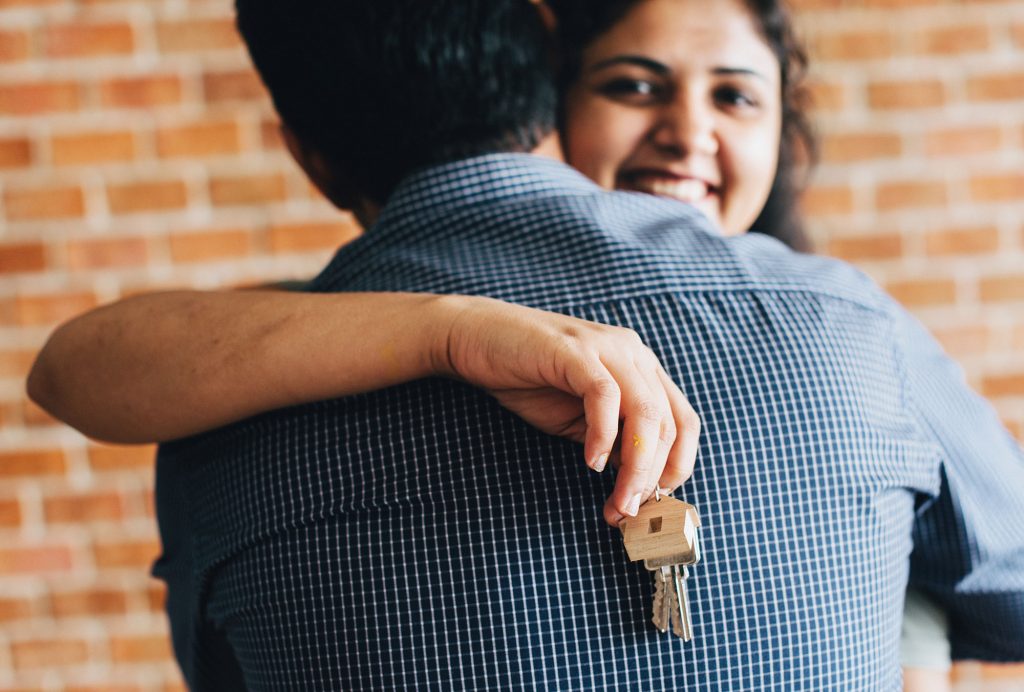Buying and selling a home can be stressful enough as it is. And then phrases like ‘stamp duty’, ‘interest rates’ and ‘no onward chains’ start creeping in. We don’t want you to feel confused. That’s why we write these blog posts!
In today’s post, we’re going to be focusing on stamp duty and everything you need to know about it – in simple terms. We understand that estate agent jargon can be a little confusing sometimes, which is why we’ve decided to delve into the issue. Stamp duty is just another aspect to selling your home but it’s important you get to grips with it.

What is stamp duty?
Good question. You might hear about it a lot but do you actually understand what it is? Its more formal name is Stamp Duty Land Tax, or SDLT for short. This refers to the tax that is applied to the purchase of any home in England and Northern Ireland. In Scotland and Wales, you may hear about similar taxes called Land Transaction Tax or Land and Buildings Transaction Tax. However, we’re just going to focus on Stamp Duty Land Tax today. A tax is a ‘compulsory contribution’ to our government and state, applied to many purchases we make, along with transactions and income or profits through work. Stamp duty is no different, it is simply an added charge onto the transaction of a property. It is worked out by a calculated percentage of your property’s price. NB: you only pay it on the house you are buying, not selling.

How does it work and who pays it?
Okay, let’s get into it. Now that you understand what stamp duty is, it’s important that you understand how it works, who pays it and how much you have to pay. Not everyone is liable to pay it, so pay close attention. If you’re a first-time buyer, you won’t pay any SDLT on your property – as long as you’ve not paid more than £300,000. For anything up to £500,000, you’ll only pay stamp duty on the remaining £200,000 at a discounted rate of 5%. However, if your first home costs over £500,000, you’ll pay stamp duty in the same way as everyone else – no relief. Other ways you will be exempt from paying stamp duty are as follows:
- if you are buying a home for under £125,000
- if you are buying a home for an employee as a company/employer
- if you are a building company buying an individual’s home
We recommend visiting the government’s website for more information on stamp duty relief and who is exempt from paying it. But in conclusion, if you are not buying your first-ever home and your property is costing you over £125,000, you’ll probably have to pay stamp duty.
How much stamp duty will you pay?
Of course, this depends on the value of your property. We have constructed a handy chart so that you can work it out for your individual situation! Bear in mind, this is the same for both freehold and leasehold properties, but the name for the overall value may be different.
| Value of property or lease premimum | Stamp Duty rate |
| Up to £125,000 | 0% |
| £125,001 to £250,000 | 2% |
| £250,001 to £925,000 | 5% |
| £925,001 to £1.5million | 10% |
| £1.5million + | 12% |
And if you are buying a second property, as in, you’ll own more than one home at a time, these are the rates that will apply:
| Value of property or lease premimum | Stamp Duty rate |
| Up to £125,000 | 3% |
| £125,001 to £250,000 | 5% |
| £250,001 to £925,000 | 8% |
| £925,001 to £1.5million | 13% |
| £1.5million + | 15% |
But if you’re still a little confused, head over to this SDLT calculator on the government website to get an accurate figure on your property purchase.

When must stamp duty be paid?
Now you know how much you’re going to be paying on your transaction, you should know when it needs to be paid. The government says that SDLT should be paid within 30 days of completion of your property purchase. To do this, you need to fill out a form and send it to HM Revenue & Customs. But wait! If you are being represented by a solicitor during your property transaction, and most people are, they can do it for you. Your solicitor can complete the form and send it off on your behalf, just make sure to check with them to be on the safe side. If you don’t send off your stamp duty form within the 30-day limit, you may be charged penalties and interest.
Want to know more about paying stamp duty on your property purchase? Don’t be afraid to ask for help! Get in touch with us today to ask any questions about making your house-buying process as smooth as possible.

